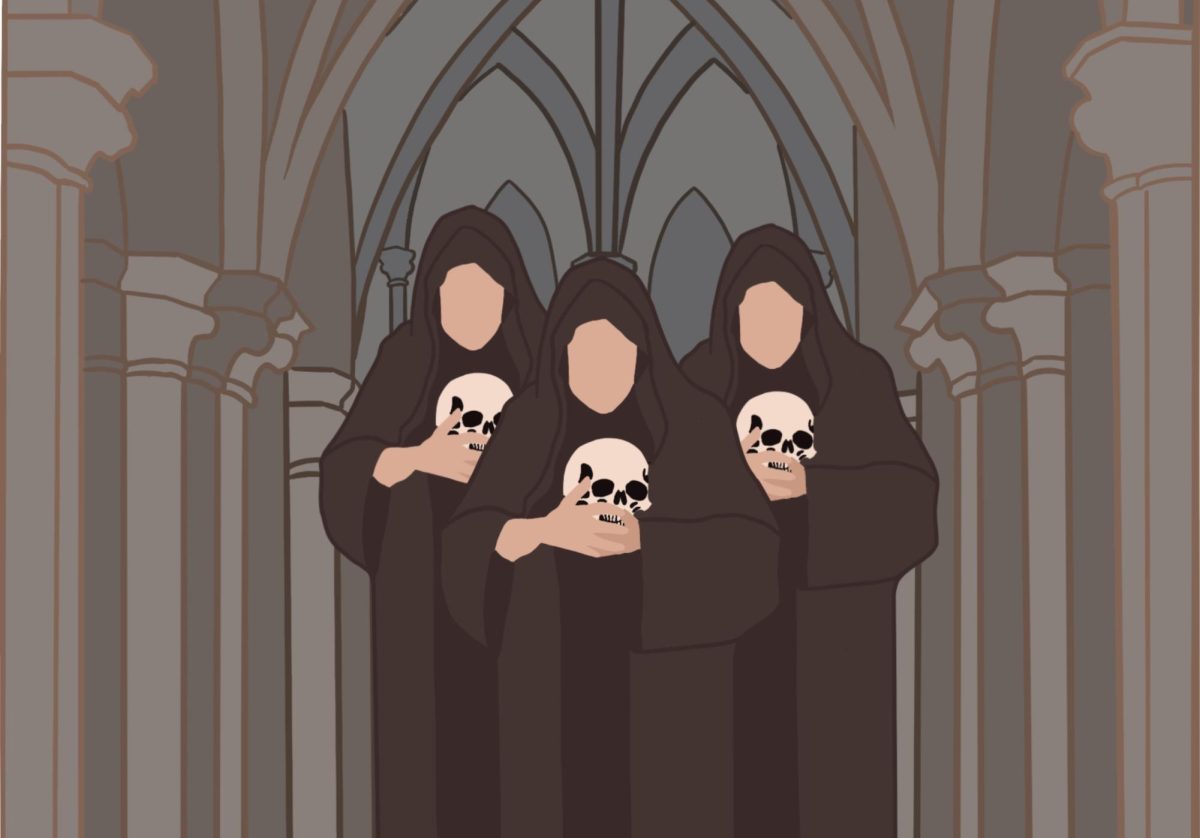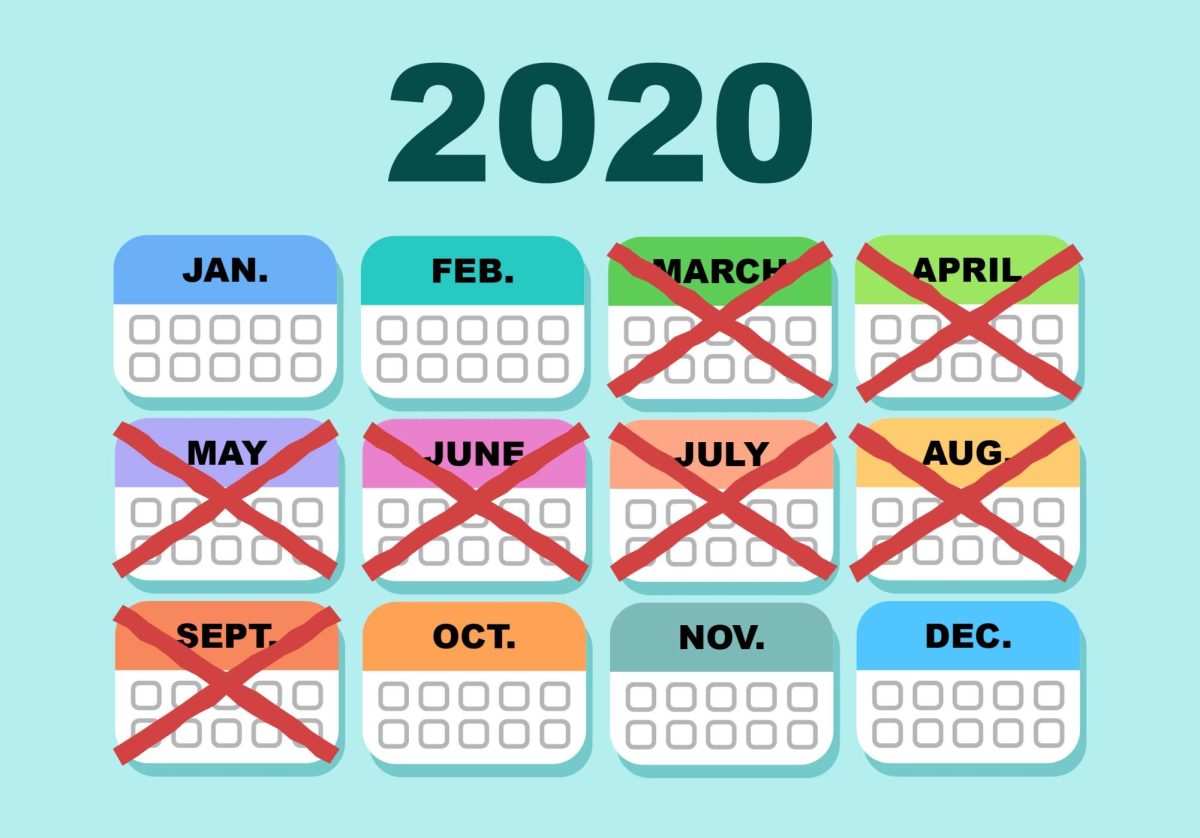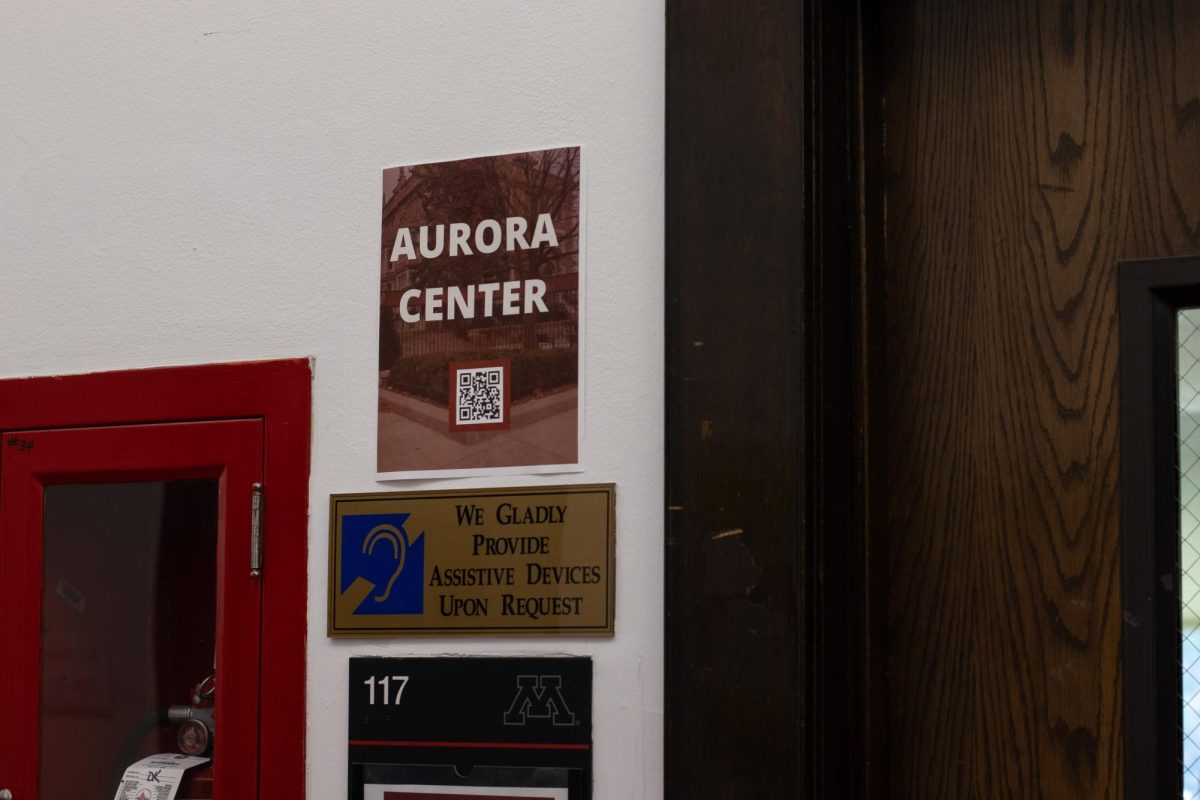Months ago, when Harvey Weinstein’s repugnant abuses were brought to light and catalyzed the #MeToo movement, Uma Thurman contributed that she was one of Weinstein’s many victims in the film industry. Thurman said that when she was ready, she would talk about it, and last week she did. Her discussion with Maureen Dowd was printed in the New York Times on Feb. 3.
I implore you to read the article. Flagrant abuses of power with a boys-club mentality aren’t unheard of, but there may be something in this story that punches your gut as much as mine. The prime example is the closing line: Thurman told Dowd that, “Personally, it has taken me 47 years to stop calling people who are mean to you ‘in love’ with you. […] As little girls we are conditioned to believe that cruelty and love somehow have a connection and that is like the sort of era that we need to evolve out of.”
Many people may think we have already. After all, the rest of the world was shocked when in February of 2017, Putin and both houses of Russia’s parliament decriminalized certain domestic violence, with many supporters citing wife-beating as a traditional and private norm and that it would build “strong families.” Americans shake their heads at undisguised, primitive violence like this, but it’s not far off from our reality. Russian domestic abuse is reported at a low rate, but such is our American tendency. We do begin to conform to the pattern of normalization as young children, and we do have a lot left to evolve from. You may know of little kids who see repeated televised violence and go on to beat up Barbie dolls or classmates for fun. Things didn’t get better for ladies in the films of Quentin Tarantino, a widely respected and sometimes-idolized director whose rapport with women is an embarrassment.
My grievances — institutionalized acceptance of violence against women and audiences of men and women alike who accept, rationalize and fetishize it — all nicely culminate in your standard Tarantino film. Though both Kill Bill films pass the Bechdel test with flying colors (unusual for Tarantino), and though Thurman considers it a film of female empowerment, the set was far from being equitable for females. In Thurman’s Times interview, Thurman describes Tarantino’s willful neglect of her safety in a failed stunt—only one domino in the cascading effect of Weinstein’s rape of Thurman.
The taste for violence exploiting females runs deeper than a car accident, as I’m sure the readership knows. Tarantino is the lady-beater gift who keeps on giving. On the set of Kill Bill, he took it upon himself to spit on Thurman’s face and choke her with a chain in the place of other actors doing it on screen; on the set of Inglourious Basterds he did the same, strangling that film’s muse Diane Kruger with his own hands. This is not uncommon; Woody Allen abused his muse and so did Alfred Hitchcock. But apparently it’s not a big enough deal that an artist should be sadistic in order to create his art.
Uma Thurman is tired of violence, and so am I. I’m tired of violence against any sentient being, and a lot of the victims seem to be women. Violence is the basest instinct of which humans have the privilege to rise above, yet so many of us don’t. And when men violently harm women, you may have heard a person older and wiser than me say that it’s not about sex — it’s never about sex — it’s about power.
Maybe cinematographic female battery and femicide trickle down to the mainstream psyche, as other televised traits are known to do. Maybe we could all move to try a new modus operandi: don’t abuse women, and don’t abuse power.













